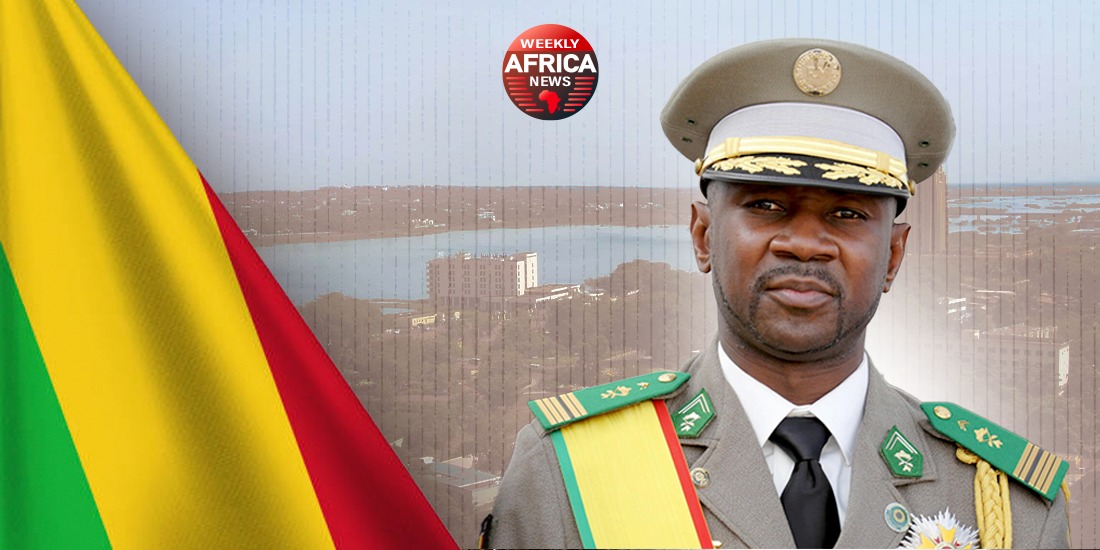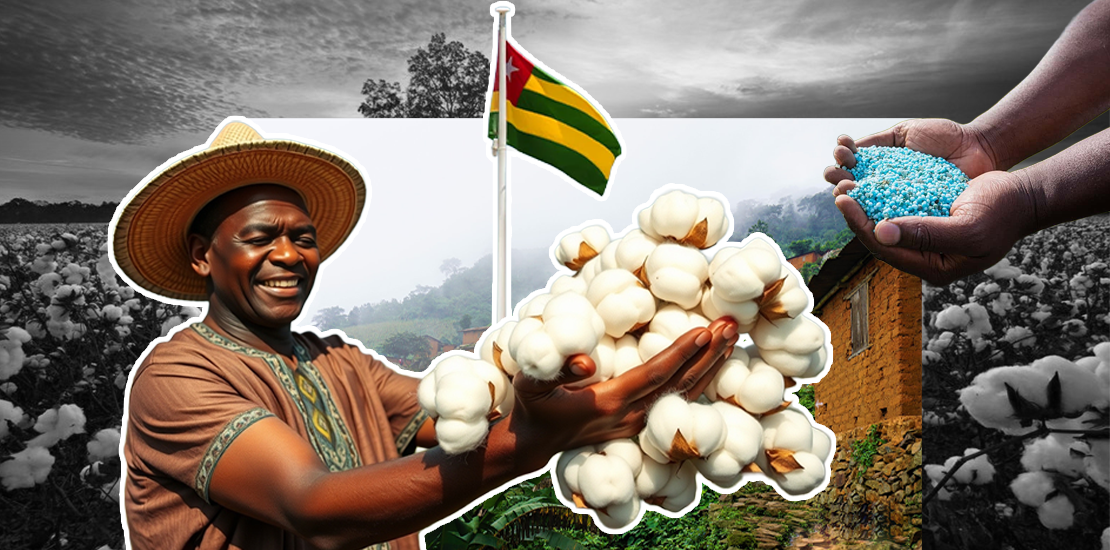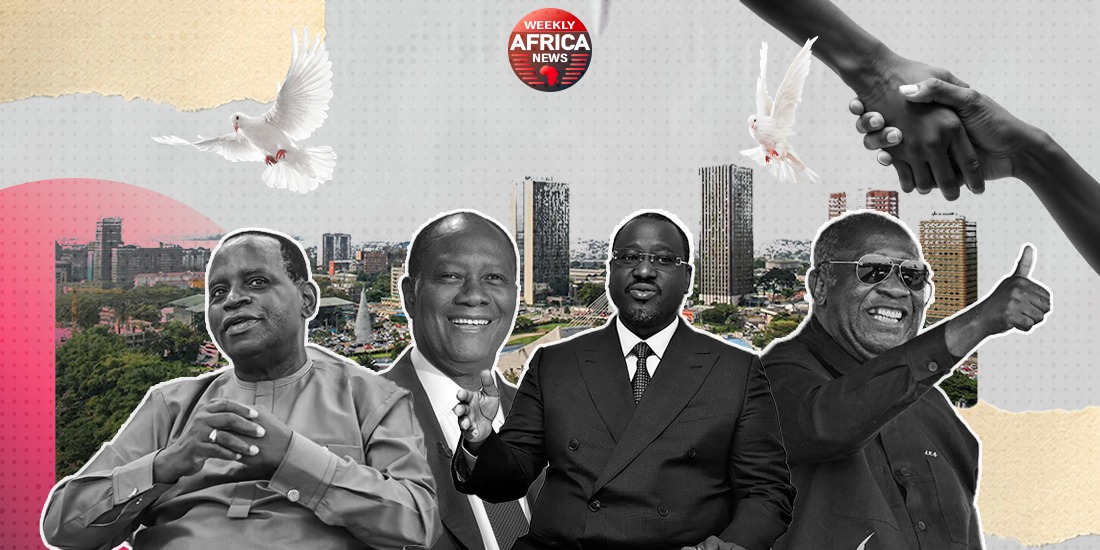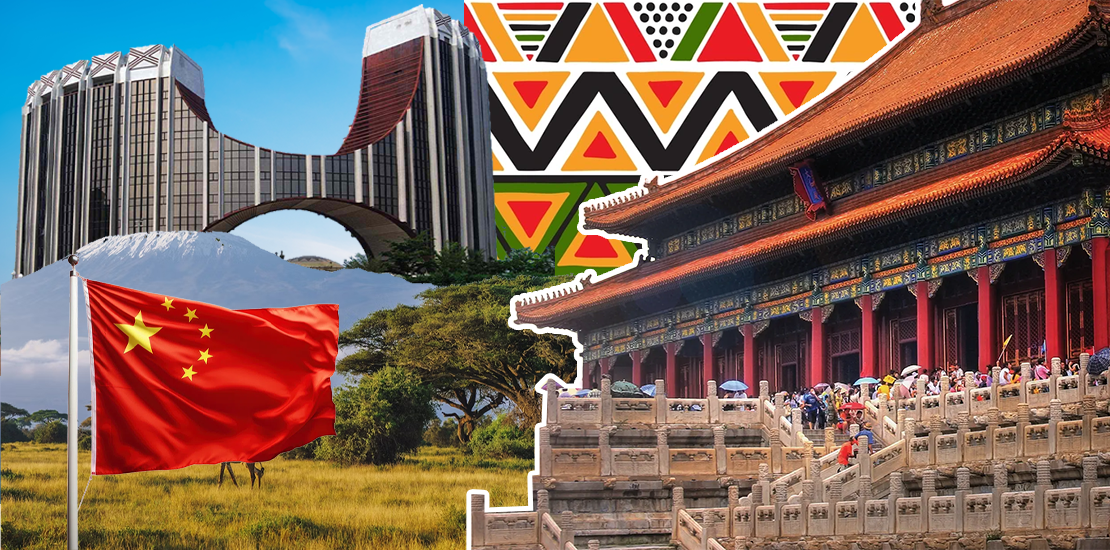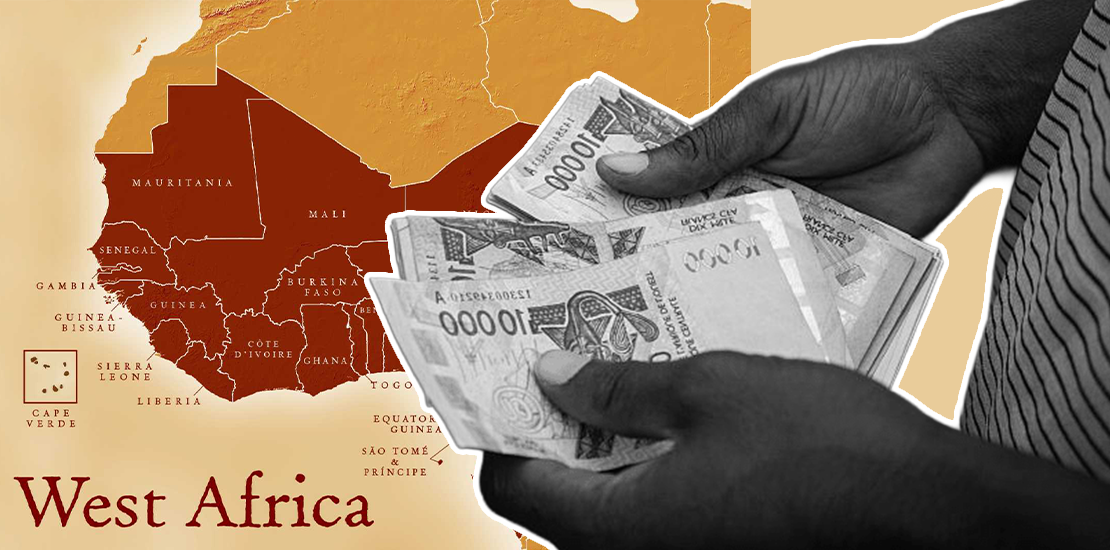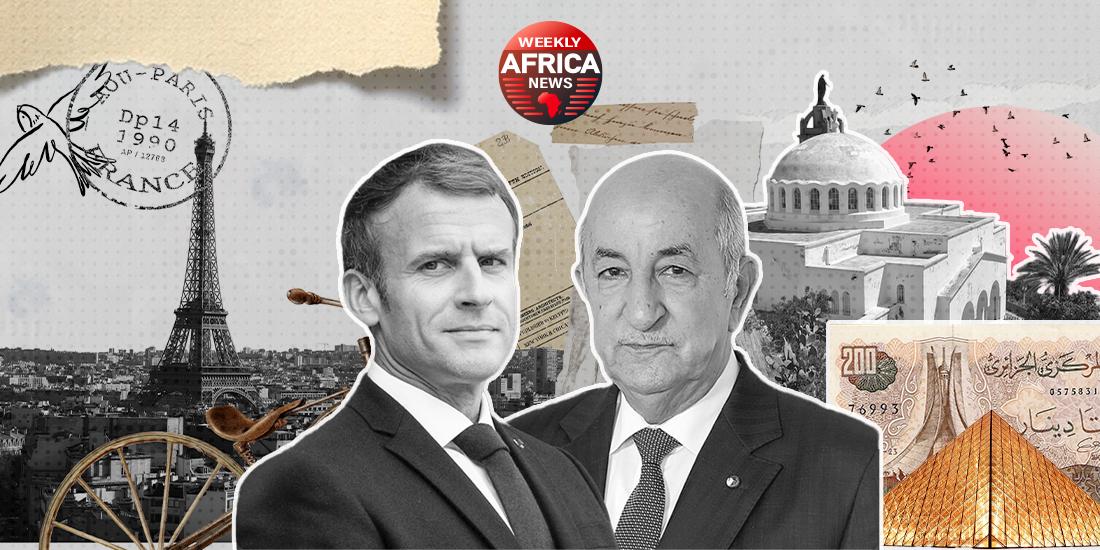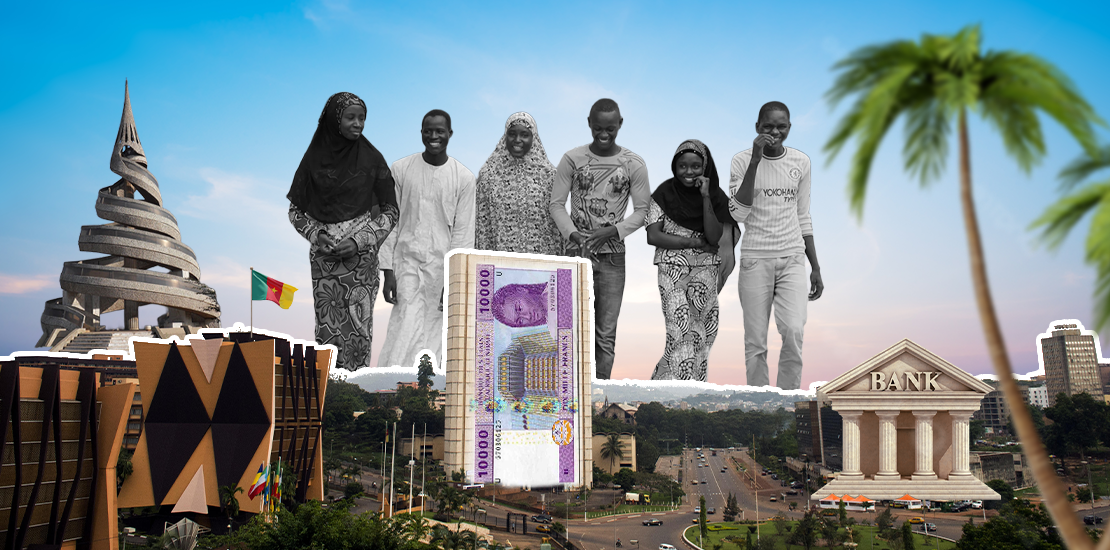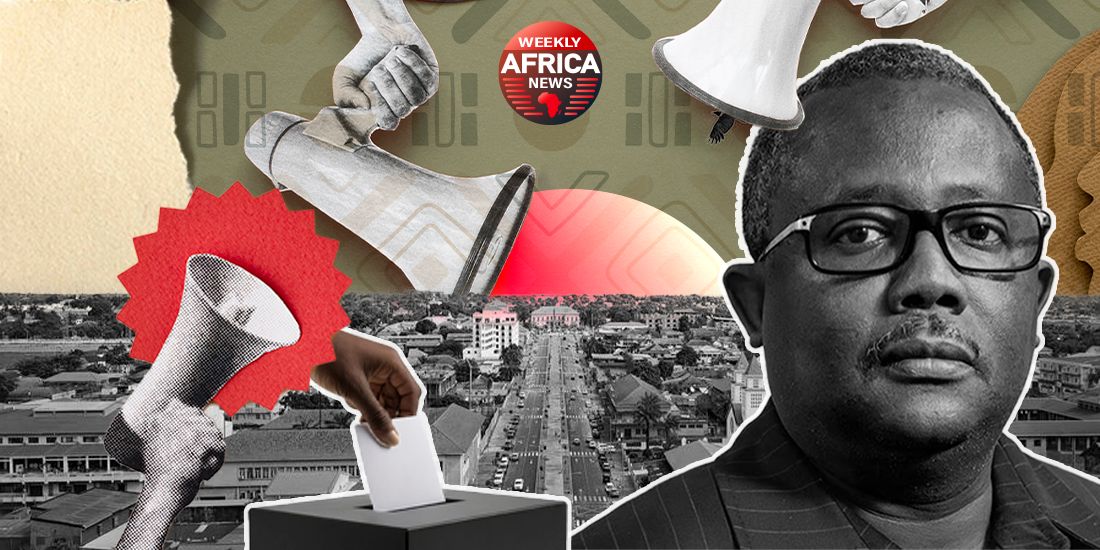August 30, 2023 will go down in Gabonese history as a major turning point. On that day, General Brice Clotaire Oligui Nguema put an end to more than half a century of political domination by the Bongo family, ousting Ali Bongo Ondimba from power, in a move welcomed by a majority of Gabonese aspiring to change. Since then, the main issue has become national unity, and as the presidential election of April 2025 approaches, all eyes are on the transitional president: will he succeed in truly uniting Gabonese society?
National unity, Gabon’s historical heritage and challenges
To understand the significance of Oligui Nguema’s current approach, it is necessary to take a brief look at Gabon’s recent political history. Since its independence in 1960, this Central African country has been ruled without interruption by the Bongo family: Omar Bongo, then his son Ali. For four decades, Omar Bongo managed to maintain a certain national cohesion thanks to a system of redistribution of oil wealth, combined with a political model based on the Gabonese Democratic Party (PDG), long the only authorized party. Gabon’s stability was thus largely attributed to this apparent consensual management, but concealed a clientelist, centralized system.
The arrival of a multi-party system in the 1990s gradually revealed the country’s fractures. The regime hardened under Ali Bongo, particularly after the controversial presidential elections of 2009 and especially 2016, marked by post-election violence. These events severely undermined national unity, leaving the population divided, disillusioned and sometimes hostile to those in power. In 2019, an aborted coup attempt already highlighted the exhaustion of Gabon’s old political model.
It was against this backdrop of crisis and division that Brice Oligui Nguema took power in 2023, with the stated ambition of reunifying a fragmented nation.
Brice Oligui Nguema: a president who embodies political renewal
A former commander of the Republican Guard and distant associate of Ali Bongo, Oligui Nguema was himself a product of the system he overthrew. From his very first statements, he pledged to implement a transition to democracy and announced the immediate release of political prisoners imprisoned under the former regime. This decision was the first major act of national reconciliation, appeasing a civil society that had long been marginalized.
At the same time, aware that exemplarity is essential to the credibility of his power, Oligui Nguema symbolically refused his presidential salary, stating that he wanted to live solely on his military pay. This gesture, unprecedented in Africa, strengthens his image with a population weary of corruption and abuse by the elites. At the same time, the transitional president relaunched a firm anti-corruption policy, dubbed “Operation Mamba”, explicitly targeting senior officials close to the deposed government, in particular those involved in massive embezzlement. These measures quickly won him widespread popular support, making him the embodiment of the long-awaited change.
Open government, an inclusive approach
Another fundamental aspect of Oligui Nguema’s approach is his desire to form a representative government, symbolizing genuine national unity. He appointed Raymond as head of the transitional governmentNdong Sima, a former Prime Minister who had defected to the opposition, , thus demonstrating a clear commitment to political openness. The transitional legislature was also representative: Paulette Missambo, an emblematic opposition figure, presided over the transitional Senate, while Jean-François Ndongou, a close associate of the former regime, headed the provisional National Assembly. This skilful balance enables Oligui Nguema to avoid any sense of political exclusion, thus cementing a genuine dynamic of national unity.
Structural reforms for tangible unity
At the same time, Oligui Nguema was aware that national unity could not be achieved by words alone, but through concrete action, and he quickly embarked on economic and social reforms that were visible to all. In just a few months, the transitional government launched projects to rehabilitate long-neglected essential infrastructures (roads, health centers, schools), with an immediate impact on the daily lives of the Gabonese people. These targeted initiatives are improving the daily lives of often forgotten populations, and strengthening the sense of belonging to a more united national community.
In addition, symbolic measures were taken to restore a degree of social justice, such as the reactivation of school and university scholarships, which had been abolished, and the provision of certain essential public services free of charge. By tackling these very concrete issues, Oligui Nguema has significantly strengthened the sense of national belonging.
The new Constitution, a pillar of renewed unity
The true founding act of Gabon’s “New Republic” was the adoption of a new Constitution in November 2024. The text, the result of a broad national dialogue and validated by referendum by over 91%, lays solid foundations to avoid the excesses of the past. It strictly limits presidential terms to two periods of seven years, and introduces strict conditions of eligibility for the presidency to avoid a return to dynastic rule. This Constitution is perceived by public opinion as a genuine democratic renewal, and forms the basis of a new, lasting political and institutional unity.
The new constitution also breaks new ground by allocating parliamentary seats to the Gabonese diaspora for the first time, thus officially integrating Gabonese living abroad into the national unity project. This inclusive approach reinforces the general feeling of belonging to a wider national community, beyond the country’s borders.
Internal support and international recognition
On the domestic front, Brice Oligui Nguema enjoys strong popular support, clearly demonstrated by the large-scale mobilizations organized since he took power. This popular support is mainly due to his pragmatic and transparent policies, as well as his open-minded approach that transcends ethnic and regional affiliations. The relative consensus he enjoys is also reflected in the notable absence of any major protests, proof that the majority of Gabonese society supports the direction taken by the transition.
Internationally, Oligui Nguema’s Gabon has managed to avoid the diplomatic isolation that often follows a coup d’état. His promise to rapidly organize free elections and his constructive attitude with international partners have enabled him to maintain peaceful relations, notably with France and other world powers. The international community, reassured by the transitional president’s moderation and open-mindedness, gave its cautious support to the ongoing process, while encouraging a rapid democratic outcome. The major international financial institutions, initially reticent after the coup d’état, gradually resumed their aid programs to the country, convinced by the sincerity of the process underway.
National unity on the way
On the eve of the general elections in April 2025, Brice Oligui Nguema seems to be succeeding in his gamble: to truly reunite Gabon, not by coercion but by the voluntary commitment of its citizens to a renewed vision of their common future. The political change he embodies, between a break with the past and bold reforms, has restored confidence and hope to the Gabonese people.
This positive dynamic positions Gabon as an original and inspiring model in Central Africa, demonstrating that radical political change can be achieved peacefully and lead to genuine national unity. On the eve of historic presidential elections, scheduled for April 2025, Gabon looks set to turn the page definitively on the Bongo years, consolidating its new-found unity under the pragmatic and unifying leadership of Brice Oligui Nguema.

